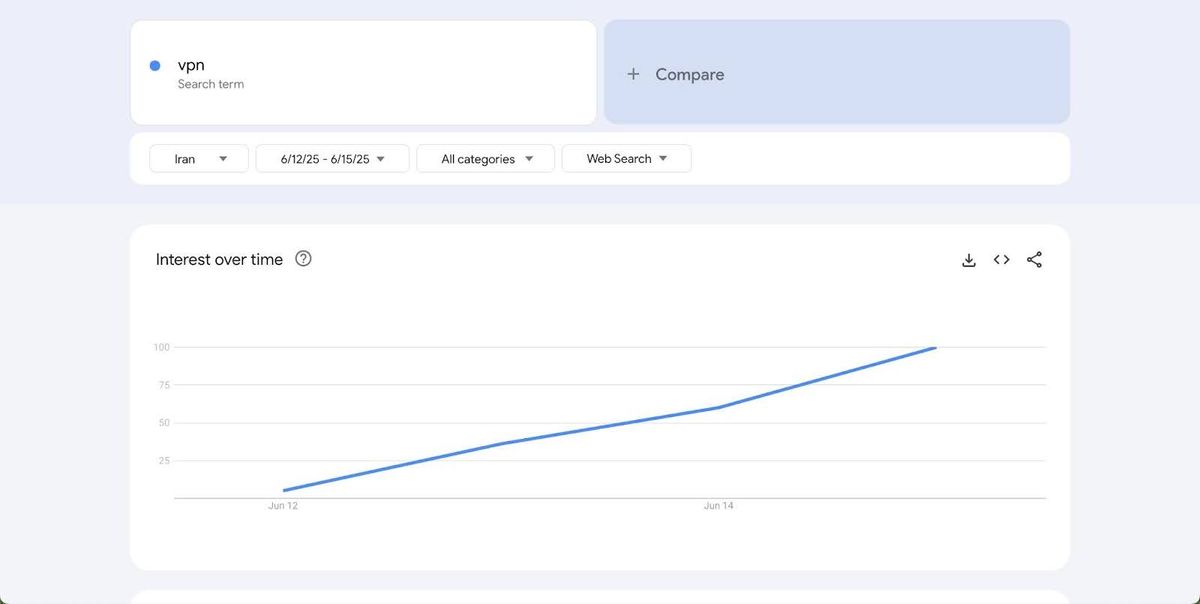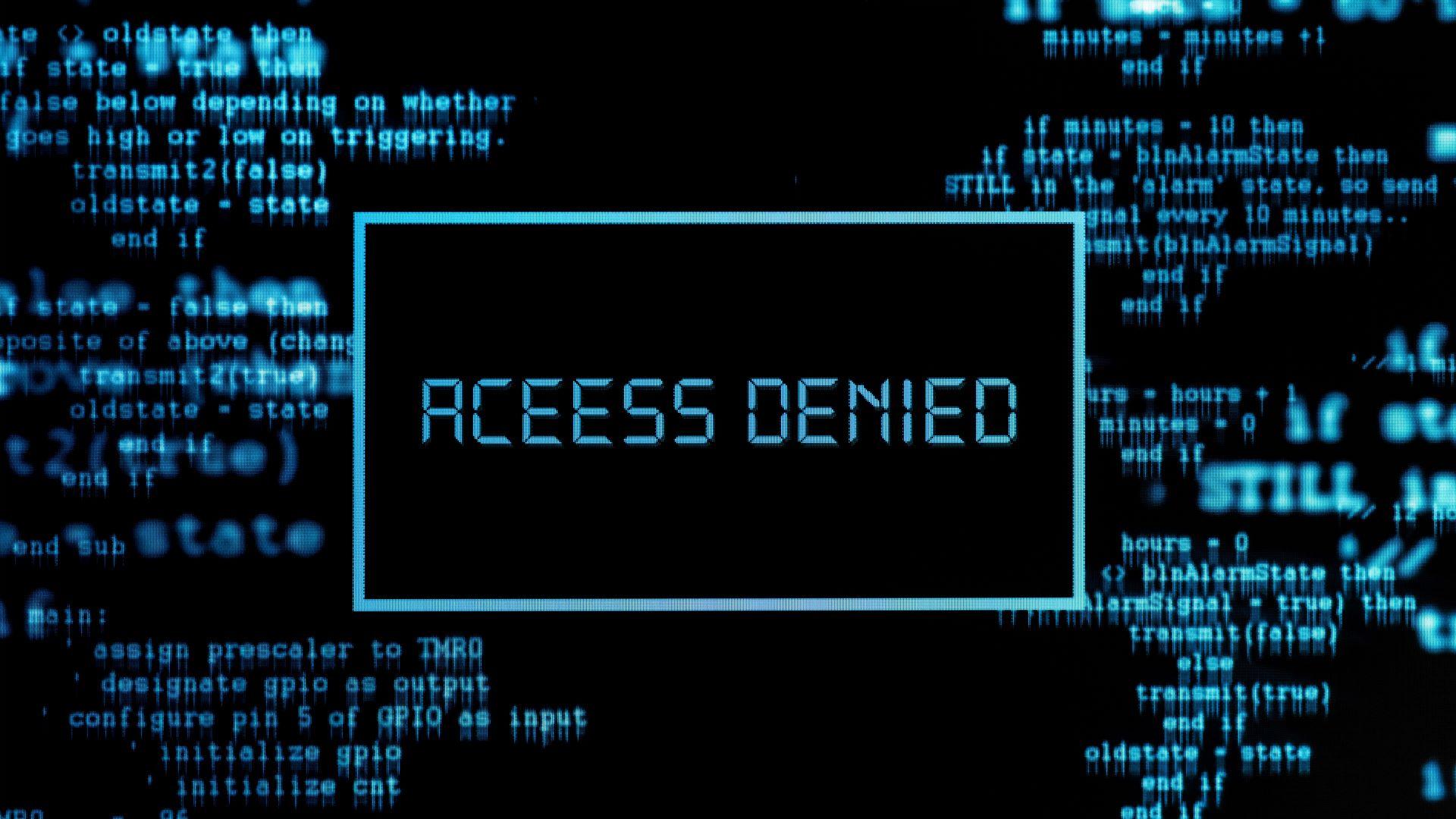- Surfshark Research found that 10 countries have imposed power outages on the Internet in the first half of 2025
- In total, 24 internet restrictions were recorded in the first half of 2025, India being the worst author
- The increase in censorship on the Internet has seen the demand for bypass tools as VPNs has skyrocketed
Internet restrictions imposed by the government increased in the first half of 2025 compared to the same period last year. New surfhark research has identified 10 countries have imposed 24 restrictions on the Internet to date this year, against 20 restrictions in nine countries which took place during the same period in 2024.
More specifically, Surfshark statistics indicate that Internet users in India have faced more restrictions than any other country between January and June 2025. The authorities in India used section 5 (2) of the 1885 Telegraph law, to reduce internet access in the event of a public emergency. Five closures took place in India in the first half of 2025 in the midst of demonstrations across the country.
Surfshark, one of the best VPN suppliers on the market at the moment, has traced closings on the Internet since 2015. Disruptions are from the full internet breakdown to specific social media platforms like Facebook and X (formerly Twitter) to Voip services such as Telegram and Whatsapp.
Demonstrations and political disorders are common causes of restrictions
“Over the years, governments have used internet closures to control and silence journalists, activists and the public,” said Justas Pukys, VPN product manager at Surfshark.
The statistics show that the connection disturbances of the local network, which affect a city or a region, are more common than national closures. To date, Surfshark has recorded 558 local disturbances worldwide against 124 national closures, demonstrations and political disorders being the most common causes, followed by the elections.
At the time of writing the editorial staff, 24 of the 196 countries and territories analyzed by Surfshark block social media platforms and VoIP services, Telegram being most often blocked.
In January 2025, Telegram was blocked in Venezuela for five days, the authorities even trying to block popular VPN suppliers while citizens were trying to bypass the disturbances. More recently, in May 2025, Vietnam blocked access to Telegram, the authorities claiming that the platform had not cooperated with them to stop crimes.
During the first half of 2025, two countries imposed restrictions for the first time since the start of the Internet surfhark stop. Albania has issued a one-year ban on the abridged video platform Tiktok, citing children’s safety problems. Panama authorities have announced a state of emergency due to civilian troubles in Bocas del Toro, resulting in regional closure on the Internet.
Rising censorship mirrors use of growing VPN
Surfshark observes that Iran has had three restrictions on the Internet to date this year.
This is not a coincidence when the use of VPN in the country increased by more than 700% in June 2025 while citizens were looking to access the Internet as usual. This despite the concerted efforts of the Iranian government to block and even completely ban VPNs.

“Internet failures can be dangerous, especially during critical events such as elections, demonstrations or other political disorders. Loss of internet access makes it more difficult to stay in touch with family members, access to critical media and share urgent information with the world on the course of events,” said Pukys.
A virtual private network (VPN) takes Internet traffic from your device and transports it via a secure and encrypted tunnel. It also hides your real IP address, allowing you to usurp your location. This means that you can not only bypass the restrictions on the Internet, but prevent snoopers from seeing what you do on the internet.




